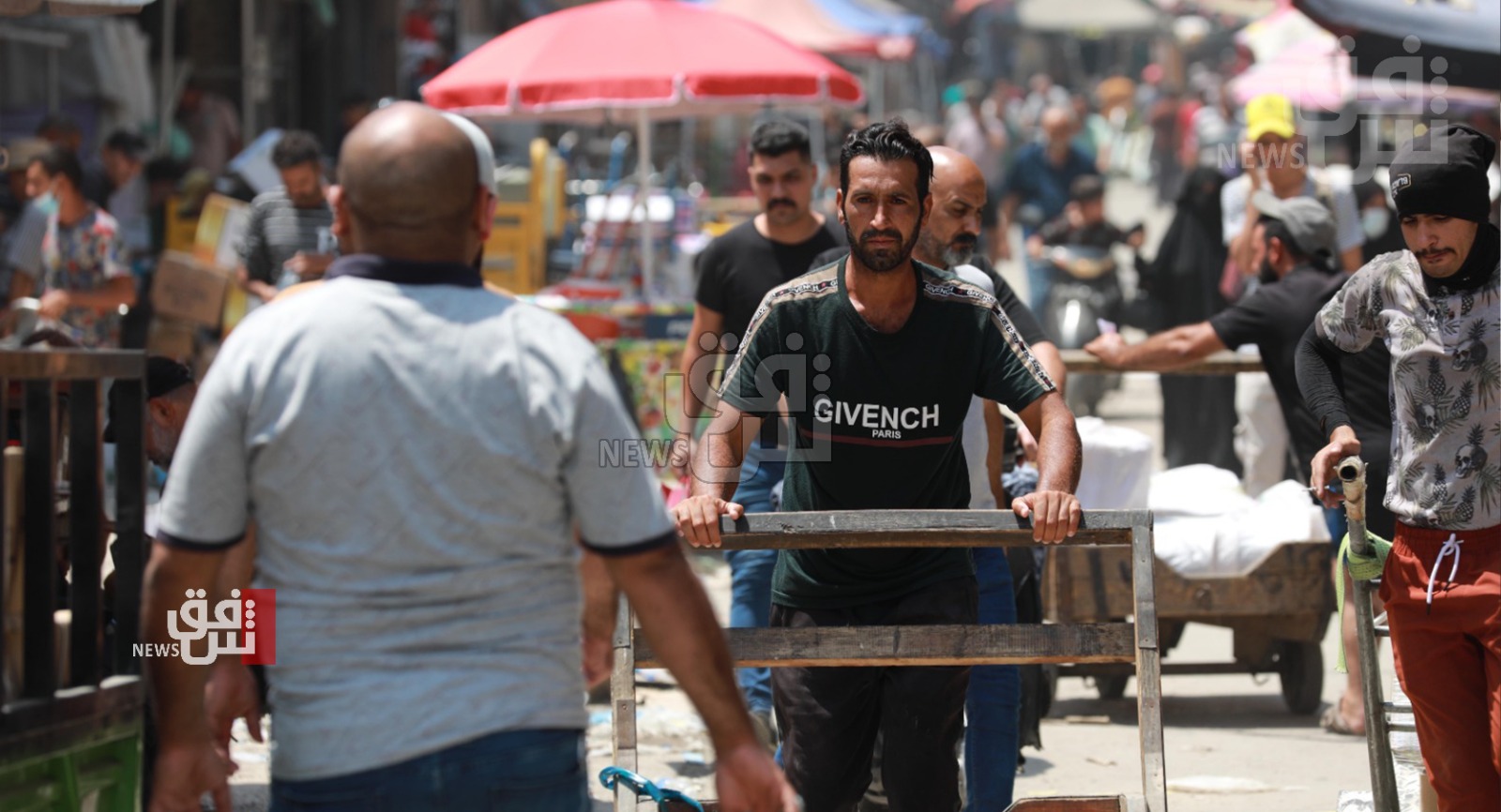Iraq on a new rollercoaster: "No more projects"

Shafaq News / In Iraq, the delay in passing the general budget is not unusual. Political and security uncertainty, as well as conflicts and objections, have pushed back the budget for several months, making it a mirage in 2022 due to the inability to form a government.
According to experts, the failure to pass the budget has hampered the country's economic progress by disrupting investment projects, and increasing unemployment and poverty indices.
A "dangerous" experience
The PM's financial adviser, Madhhir Mohammed Saleh, described the failure to approve the budget as a "dangerous" experience, indicating the continuation of disbursements for public expenditures 1/12 for the next year 2023.
"The economic cycle depends on government sources that cannot stop. The cessation of government spending "ends life" in Iraq and can be called "financial suicide", he said.
"The disbursement and spending operations will be 1/12 according to 2022, and will also include ongoing projects that are not completed without new investment projects," Saleh added, stressing, "the failure to approve the budget indicates instability and lack of political security. Therefore, keeping the country budgetless is a dangerous experience."
"When the fiscal budget is interrupted, you can no more implement new projects or provide job opportunities, government programs are disturbed, and a general fall in economic development occurs."
No more projects
According to Ministry of Planning spokesperson Abdul Zahra al-Hindawi, "new projects cannot be added without a budget law. However, ongoing projects would be disbursed according to completion rates under the Financial Management Law of 2019."
He added, "there are more than 6,000 projects under implementation all around Iraq, to which allocations are granted per the stages of completion."
Market recession
According to economist Bassem Jamil Antoine, "In the event of budget non-approval, there is no crisis in governmental expenditures. However, the issue is economic development, since there have not been new investment projects for two years."
Antoine continued, "The lack of projects will be reflected on the market and will lead to stagnation, austerity, and a significant economic recession."
"The private sector will be paralyzed, and only salaries will circulate in the market, while the livelihoods of more than eight million people depend on what happens in the market and investments. This will increase unemployment and poverty in Iraq."
Food Security Law is not enough
According to economist Salam Semaisim, "the absence of an investment budget will entail a flaw in the general budget since the developmental parts of society will stop."
"The Food Security Law is an emergency measure. It addresses the somewhat paralyzed economic issues caused by the budget's lack of approval. However, it is more of an analgesic than a remedy; it only helps to get through the current stage."
"There is an 80 trillion Iraqi dinars ($ 50 billion) financial surplus of oil export revenues for the current year. However, they are frozen and cannot be spent owing to the non-approval of the 2022 budget," said the Speaker of the Iraqi parliament, Mohammed al-Halboosi, warning that Iraq is heading to an economic crisis if the current situation remains as it is.
Al-Halboosi added that the Financial Management Law, which would continue to oversee the country's financial affairs if the 2023 budget is not approved, will not allow any more financial spending, leaving the country facing serious economic issues in 2022.





